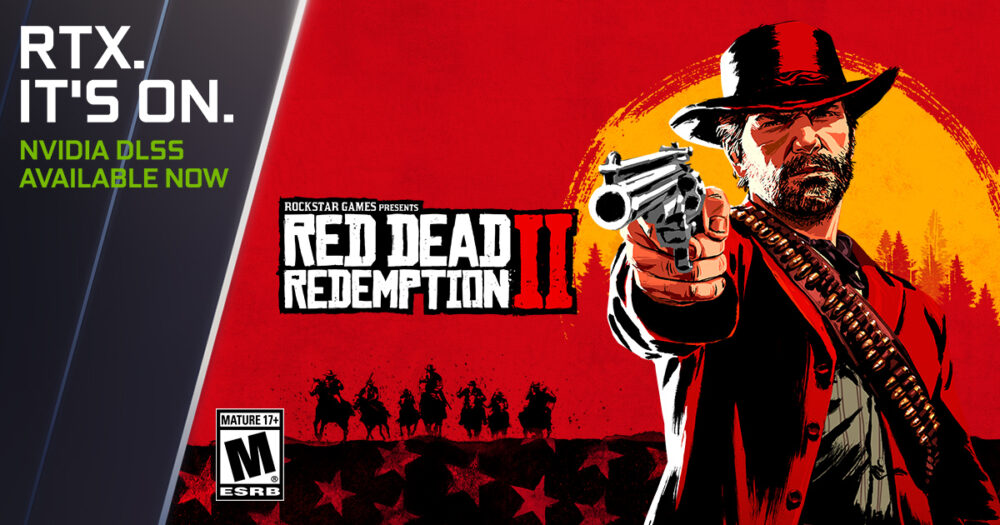The fear of time-consuming video games and the games themselves are not contemporary phenomena. The perception that video games were time-consuming dates back to the arcades when popular machines like Centipede, Pac-Man, Donkey Kong, and Asteroids were made to entice players to give them a little more money. Not just for bored kids, the game design of this age proved ridiculously and nearly universally appealing. Many adults wasted hours and small coin playing Pong or Space Invaders in bars, pizzerias, and late-night coffee shops.
Most time-consuming video games of all time
- Red Dead Redemption 2
You can probably shoot and ride your way through Red Dead Redemption 2’s main plot in approximately 40–60 hours if you want to speed things up, which is not the way of a Wild West cowboy or gravelly-spoken protagonist, Arthur Morgan. By no means is it a short game, but it’s also not a “long” game. The main plot is undoubtedly entertaining, but there is a tonne of side stuff to discover that may take up a lot of your time, especially if you set out to complete the game entirely.
- Dragon Age: Inquisition
This game is long. Forget about DLCs, replay value, and 100% completion outliers. The average player will need over 100 hours to finish Dragon Age: Inquisition, while those who want to get every last bit of material would easily need 150 to 200 hours. Due to a lengthy and almost too complex crafting system, it may even take you close to that long to eventually understand how to gather resources and update your armour and weapon sets.
- Cyberpunk 2077
The launch of Cyberpunk 2077 is legendary for being disastrous. Due to broken promises and a long list of bugs that made the overall experience difficult, all the hype this game had amassed was completely dashed.
Yet, if players are prepared to look beyond these flaws and concentrate on the game’s positive aspects, they may enjoy a story-rich experience packed with great characters. It’s one of the longest video games, appropriate for a CD Projekt Red creation.
- Pokemon Legends: Arceus
Eventually, Pokemon transitioned to an open-world setting, and Game Freak did a respectable job following suit. In terms of scope, plot, and gameplay, Pokemon Legends: Arceus is the franchise’s most ambitious effort.
This time, as the time-travelling protagonist attempts to complete the Hisui region’s Pokedex, the emphasis is fully on exploration and discovery. Arceus may reflect the franchise’s future direction or, at the very least, launch a new subseries focused on open-world gaming.
- The Elder Scrolls III
The Elder Scrolls III: Morrowind shouldn’t be disregarded for the astounding amount of playtime provided at a time when fully-fledged 3D open worlds were still somewhat of a novelty, even though Skyrim is renowned for its seemingly endless gameplay and Daggerfall is notable for having one of the largest open worlds to date in a video game. While Bethesda’s popular high fantasy series’ latest instalment, Morrowind, may not be the most memorable, it surely merits a place in the hearts of Tamriel fans, given that it typically takes under fifty hours to complete.
- Dark Souls
Although Demon’s Souls was the first FromSoftware game to properly popularise the idea of a fully realised, extremely challenging dark fantasy RPG, Dark Souls was the title that launched the series and made the developer famous. Novice players should plan on spending at least fifty hours on their first Lordran adventure—one of the most captivating RPGs of the seventh console generation. While seasoned players with lots of expertise might be able to finish this game in a few hours, most players will be in it for the drawn-out, failure-filled journey. There has never been a better opportunity for interested people to experience this game because a brand-new remaster just came out.
The business models for video games have gradually moved from unit sales-led to engagement-led over the past twenty years. A study on gaming habits also revealed that people in their 30s are more hooked on video games.
This is brought on by several elements, such as the advent of in-game purchases, subscription services, and interactive digital worlds that have evolved into settings for experiences that go well beyond traditional gaming. This includes watching and listening to various forms of entertainment like music and film, as well as and perhaps more importantly, meeting more general psychological requirements like interacting with others and expressing oneself.
Time spent playing games is becoming a more significant statistic as this transformation proceeds for various game business functions, including financial planning, marketing, partnerships, and product teams. In the future, the amount of time spent playing games will become a more important factor in determining the financial success of individual games and subscription service options.
If you enjoy games and gaming and want more NEWS from the Gaming World Click Here







